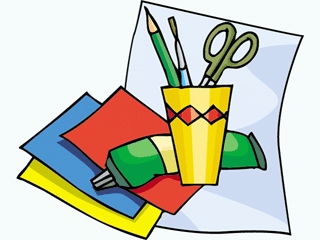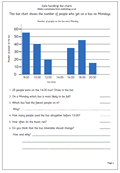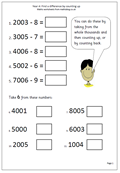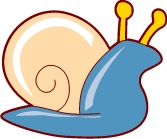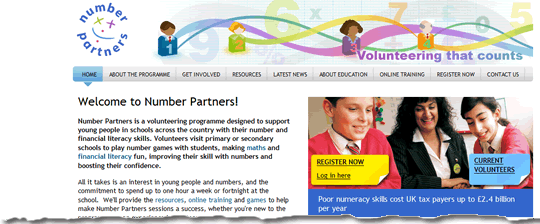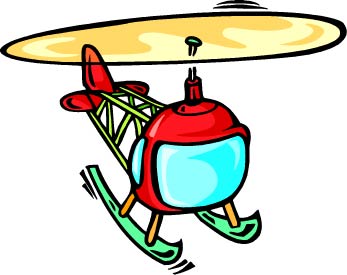 Next week we concentrate on multiplication together with a calculator activity.
Next week we concentrate on multiplication together with a calculator activity.
The first worksheet is a reminder of the golden rules about multiplying:
When a number is multiplied by 10 it moves one place to the left.
When a number is multiplied by 100 it moves two places to the left.
The second worksheet looks at multiplication and addition with another golden rule. The rule is that the multiplication should be worked out before the addition, whatever the order of the question. This is a good mental arithmetic exercise but children may need to make jottings to help them.
We also have a harder version of the 2x table calculator game, published earlier, in that the grid has larger multiples of 2.
